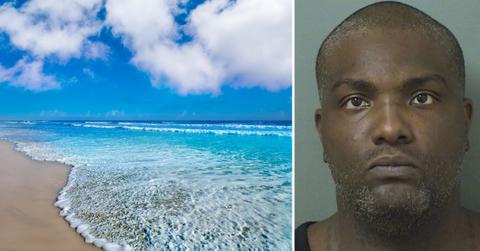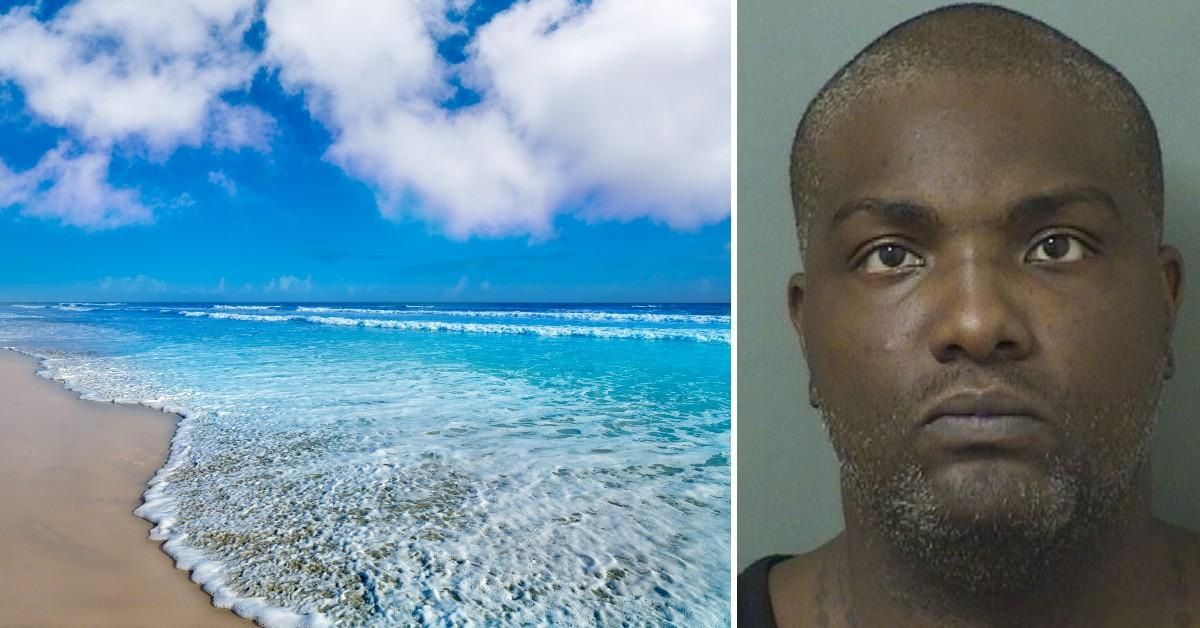Serial killer targeted women in Florida in the mid-2000s. His crimes will cost him his freedom, but not his life.

A serial killer targeted women in Florida in the mid-2000s but escaped police capture for a decade.
The law eventually caught him, and now he will pay for his crimes. His role in three murders will cost him his freedom, but not his life.
Recently, a Florida jury failed to reach an unanimous verdict in the death penalty case of Robert Tyrone Hayes. A death penalty trial is in two-part, a guilt phase and sentencing phase, with the same jury for both. A unanimous jury is needed for someone to receive a death sentence. With the lack of a decision by the jury, Hayes was sentenced to life in prison.
Prosecutors linked Hayes to the murder of Laquetta Gunther, 45, in 2005. Then in 2006, he killed Julie Green, 34, and Iwana Patton, 35, according to Fox 35. All were killed in the Daytona Beach area of Florida.
Hayes was a student at nearby Bethune-Cookman University at the time of the killing.
The jury convicted Hayes of three counts of first-degree for the murders. He has also been linked possibly to several other killings.
Prosecutors said Hayes appeared to be a normal college student but had a dark side, according to Fox 35. Officials said he bought a .40-caliber gun and all three women were killed by that type of weapon.
"While the death penalty was not imposed, Hayes will no longer prey on the unsuspecting and vulnerable," said State Attorney R.J. Larizza in a statement FOX 35 reported. "He will die in our State Prison System. There is justice in that."
The defense argued Hayes was not in possession of the gun at the time of the murders.
Attorneys also questioned the use of DNA tracing to identify Hayes as the killer. Investigators used a process called genetic genealogy to identify the serial killer. That is where DNA is used to create a family tree and eventually find a suspect.
Hayes was arrested after being free for more than a decade after the killings.
Volusia County Sheriff Mike Chitwood was the Daytona Beach police chief when the murders happened, WFTV reported in 2019. He said he spoke to the victim’s families after Hayes’ arrest.
“They are absolutely ecstatic. They didn't think they'd be alive to see this day come,” Chitwood said, according to WFTV.

Become a Front Page Detective
Sign up to receive breaking
Front Page Detectives
news and exclusive investigations.
